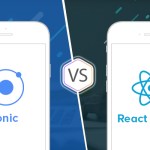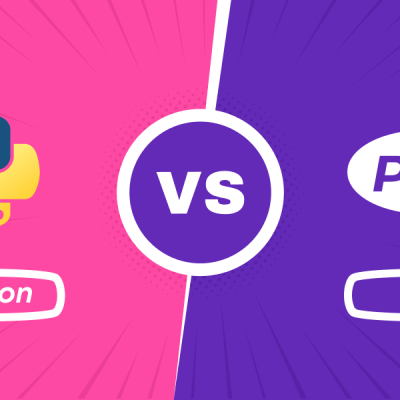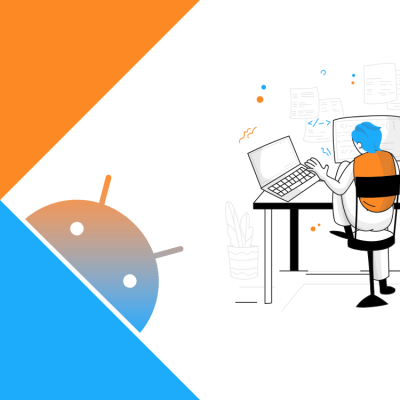[vc_row][vc_column][blog_single_full_content]Kotlin is the new, the latest, the advanced programming language for Android apps. Now, if it is app development from scratch, Kotlin will be preferred language. However, the app owners who have existing apps in Java are also on the verge of shifting their apps from Java to Kotlin. Why not when it offers added benefits to the users as well as to the app owner. The development and the maintenance both becomes more convenient with Kotlin and the high security is an added pro we can’t deny. Let me jot down some of the popular apps who have diverged their ways already.
Migrating Android App Development From Java To Kotlin
Popular apps who shifted from Java to Kotlin
1) Uber
2) Pinterest
3) Evernote
4) Square
5) Basecamp
6) Coursera
7) Kickstarter
8) Corda
9) Shadowsocks
10) Simple calculator
So, if you are also planning to move your app, good decision, carry on. However, if you are confused is it worth getting into the hassle of migration? Let’s consider some of the reasons and decide yourself.
1) The coding with Kotlin is more concise.
2) The tooling support for Kotlin is amazing.
3) Kotlin is modern and highly advanced.
4) It has better support for Android studio.
5) Kotlin has extended functionality.
6) Eradicates the need of third-party software.
7) Interoperable with other existing Android languages.
Now, that you know the reasons to convert your app to Kotlin, let’s move to the process of migration. The initial steps of the migration start from the tests and then it goes to the modules. This is not a compulsion but something which is preferred by a majority of the Android app developers. Developers are at the ease and comfort of selecting any of the java files they want to be migrated to Kotlin.
Let’s see the step-wise guide for migration:
1) Initiate converting files gradually and ensure that the test passes.
2) Give a makeover to the Kotlin files and make them look and more idiomatic.
3) Keep doing the second step until each and every java files are covered.
Well, if you are thinking that it’s just a three-step process you have been afraid of all this time. Well, yes. It’s this simple which is why these many app owners are thinking to make this migration. It’s easy but not as easy as it sounds. Android developers do face certain issues which you might know if you are following this path. Let’s discuss these issues:
1) Argument captors are missing.
2) It’s complicated to get the generics right during the first try.
3) An extra layer will be added on the grounds of the companion.
4) Interoperability was cause TypeCasting.
5) If the Java file starts with getX() then one of the issues will be that the converter will search for the property having name X.
6) If two developers are working on the same Java file and one of the developers intends to convert it to the Kotlin, the issue of git diff arises and the app needs a lot of rework.
The converted Kotlin class will have the need for the demoResponse, demoResponse2, and parameters. These are basically interpreted as the getter methods and several issues will be faced because of this. To avoid different hassles, there are certain things to be taken care of while migrating Java apps into Kotlin.
1) The test configuration is must to mock the final classes.
2) If you are working with build.gradle, make use of Kapt instead of annotationProcessor.
3) While making use of the Espresso @Rule and ButterKnife @InjectView, make sure to use the @JvmField to rescue both of them.
Wrapping Up :
Is it worth doing all the effort of shifting the app from Java to Kotlin? The final conclusion to this question is yes. Just go for the upgradation.[/blog_single_full_content][/vc_column][/vc_row]





